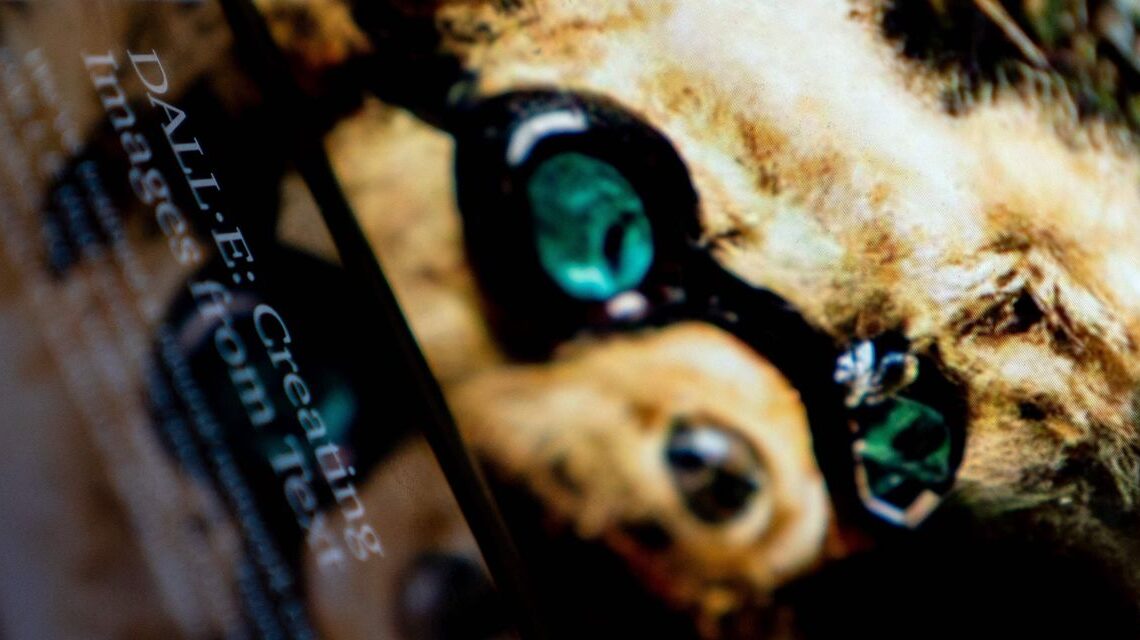ChatGPT has some wondering if artificial intelligence will make human creativity obsolete. Released in November by Open AI, the chatbot can quickly write readable prose in response to natural-language prompts better than most people can. When one of my colleagues asked ChatGPT for a 250-word summary of Umberto Eco’s philosophy of translation, it produced a text that would put many educated adults to shame—and it did so within seconds. Reactions to this new AI have ranged from panic to wonder. It is potentially competition for anyone who writes for a living, including journalists and lawyers. Even visual artists are worried, given the dozen or so AI art generators that can already create virtually any image.
To me, the hubbub feels like déjà vu. As an academic translator, I witnessed a similar debate emerge surrounding the introduction in 2017 of DeepL, a ground-breaking form of neural machine translation. At the time, most people took one of two views: either the new technology would ultimately replace human translators or it would be insufficient and barely affect the field. It ended up being something in the middle.
Five years after the introduction of DeepL, most human translators no longer actually translate, but neither have they been entirely replaced by machines. Instead, they use the technology to make translations easier and faster. The software generates a base translation, then the human translator “post-edits,” fixing errors and making the text sound natural. But the feedback the translator provides also becomes part of the recursive loop in the AI’s continual self-improvement. The technology is poised to take over the translation process completely.
I could see image- and text-generating AIs having a similar effect. Just as translators now post-edit instead of translate, it seems likely that many creative workers will “post-create” instead of create. A machine will come up with an initial sketch of an idea, and then the artist or writer will tinker with it. Some may have too much pride to rely on a machine, but it will be hard to resist the advantage the technology offers. For translators and artists alike, AI reduces the cognitive load of creating. Imagine no longer straining to come up with a first draft. Work would flow much more easily.
AI creativity and human creativity already seem to be converging in music. Though artists have sampled tracks for decades,…
Click Here to Read the Full Original Article at RSSOpinion…

